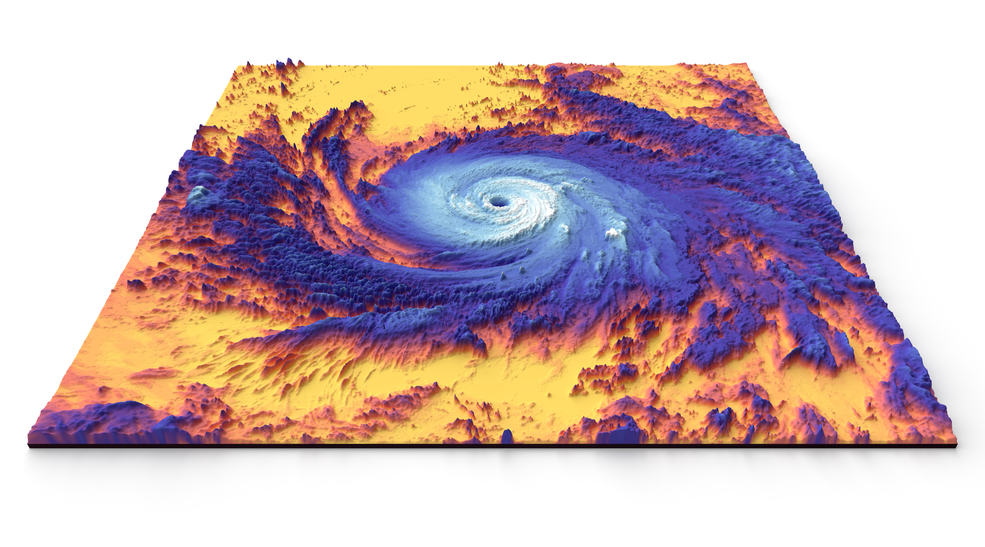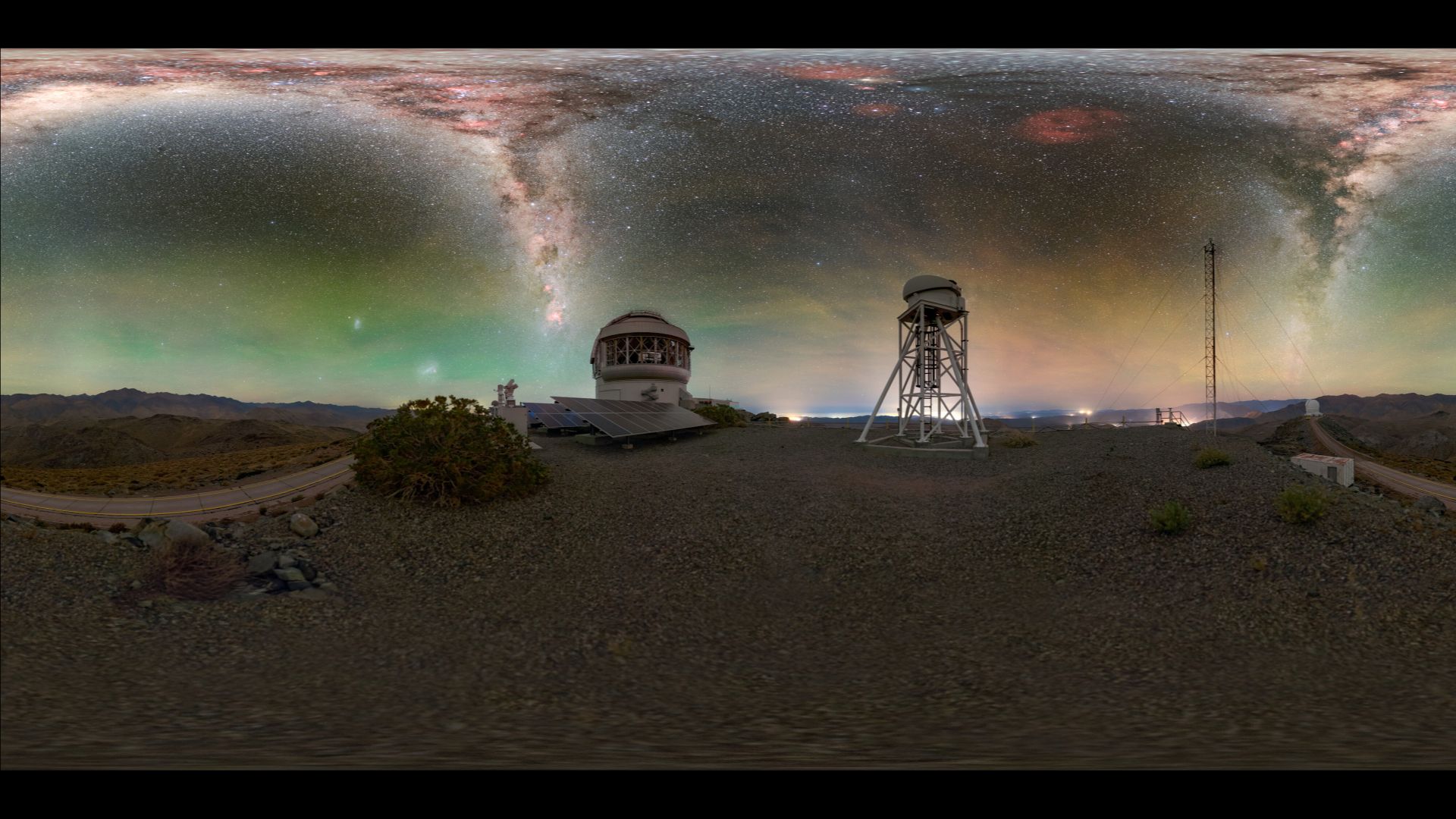NASA to design new 'Earth System Observatory' as part of national push against climate change

NASA will design new, Earth-focused missions to support our growing understanding of climate change and provide important information to those on Earth impacted by its effects, the agency announced May 24 as part of a new Biden administration plan to "enhance climate resilience."
The Biden administration, prior to meeting with climate and homeland security team members on May 24, announced earlier that day in a White House release that it will support the development of NASA's new "Earth System Observatory" — a series of next-generation climate data systems that will be used to better track climate change and its impact on communities around the world.
Additionally, the administration plans to allocate $1 billion in "pre-disaster mitigation resources," for communities impacted by "extreme weather events and other disasters," all as part of a new plan to "enhance climate resilience," according to a White House statement. The announcement did not include any information about budget or timelines for the observatory program.
Related: 2020 ties record for the hottest year ever, NASA analysis shows
"Over the past three decades, much of what we’ve learned about the Earth’s changing climate is built on NASA satellite observations and research," NASA Administrator Bill Nelson said in a NASA statement.
"NASA’s new Earth System Observatory will expand that work, providing the world with an unprecedented understanding of our Earth's climate system, arming us with next-generation data critical to mitigating climate change, and protecting our communities in the face of natural disasters."
The new observatory will follow recommendations made by the 2017 Earth Science Decadal Survey by the National Academies of Sciences, Engineering and Medicine, which outlines guidelines for research and observations, according to the NASA statement.
Breaking space news, the latest updates on rocket launches, skywatching events and more!
With the Earth System Observatory, NASA aims to study many aspects of our home planet, including how aerosols affect the global energy balance, which scientists hope will shed light on climate predictions; clouds, convection and precipitation in the hope of improving severe weather forecasts and air quality forecasts; water levels and drought assessment to support planning for water use and disaster response; biology and geology on Earth's surface to see how climate change impacts food, agriculture, water, energy and more; and major changes in our planet's surface caused by climate change-driven disasters, according to the statement.
"As the number of extreme weather events increases due to climate change, the ability to forecast and monitor natural disasters is integral for the nation's preparation, mitigation and resilience," a White House statement reads.
Related: Earth Observing System: Monitoring the Planet's Climate
"NASA's Earth System Observatory will be a new architecture of advanced spaceborne Earth observation systems, providing the world with an unprecedented understanding of the critical interactions between Earth's atmosphere, land, ocean and ice processes," the statement continues. "These processes determine how the changing climate will play out at regional and local levels, on near and long-term time scales."
White House support for this observatory is not the first time that the Biden administration and NASA have banded together to tackle climate change. Back in March, NASA joined the White House National Climate task Force, which is being organized to "combat the climate crisis," according to the executive order that detailed the task force back in January.
"Given our unique ability to observe the planet from space and the long-term data records we've been able to assemble, NASA is in a prime position to inform policy decisions in the current administration and beyond," Gavin Schmidt, acting NASA senior climate advisor and director of NASA’s Goddard Institute for Space Studies in New York, said in a NASA statement about NASA joining the task force.
Email Chelsea Gohd at cgohd@space.com or follow her on Twitter @chelsea_gohd. Follow us on Twitter @Spacedotcom and on Facebook.

Chelsea “Foxanne” Gohd joined Space.com in 2018 and is now a Senior Writer, writing about everything from climate change to planetary science and human spaceflight in both articles and on-camera in videos. With a degree in Public Health and biological sciences, Chelsea has written and worked for institutions including the American Museum of Natural History, Scientific American, Discover Magazine Blog, Astronomy Magazine and Live Science. When not writing, editing or filming something space-y, Chelsea "Foxanne" Gohd is writing music and performing as Foxanne, even launching a song to space in 2021 with Inspiration4. You can follow her on Twitter @chelsea_gohd and @foxannemusic.
